Two languages anthem a winner but which Aboriginal language do we use?
If ‘two languages’ version of the national anthem is sung again at Wallabies Tests, Aboriginal community may decide on words.
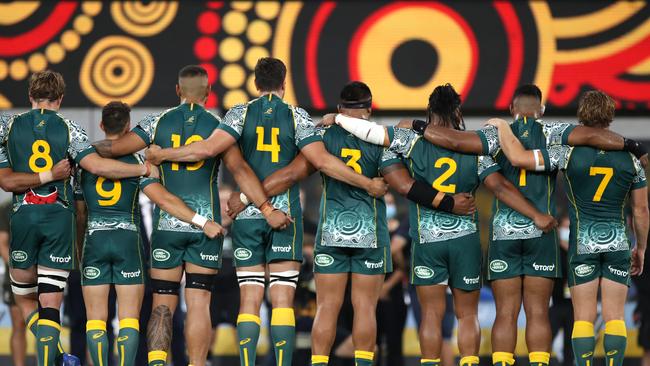
If the “two languages” version of the Australian national anthem is to be used again at Wallabies Tests in the future, then it may come down to the difficult task of the Aboriginal community coming together to decide on what words to use.
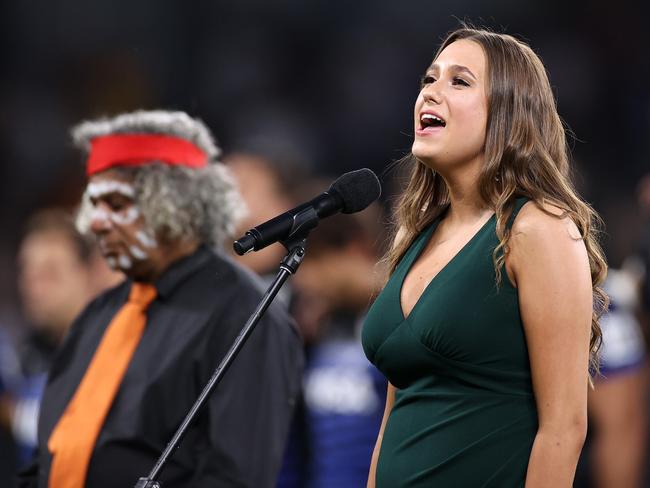
Olivia Fox, a 17-year-old singer from the Newtown High School for the Performing Arts, caused a sensation at the Wallabies’ Tri Nations Cup Test against Argentina at Parramatta on Saturday night when she started the anthem in the Eora language – a local indigenous dialect from the Sydney region — before closing out “Advance Australia Fair” in English.
It was not the first time she has performed the two-language version of the anthem but it was the one time when the eyes of the world – and the television cameras – were upon her. The time Fox had also spent with the Wallabies, teaching them the unfamiliar Aboriginal words, also was evident as the Australian team was in full voice behind her.
Former Australian wicketkeeper and cricket commentator Adam Gilchrist was one of thousands touched by the scene.
“Historic moment,” Gilchrist tweeted on Sunday. “Perhaps the most powerful message sent by our National sports teams to date. Spoke with the Wallabies players this morning. Their commitment to learn the Eora language so good.”
The question now is whether the experience is a repeatable one.
According to Gary Ella, one of the three Aboriginal Ella brothers to play Test rugby for Australia, there are about 260 official indigenous dialects in use around the country. “But the real figure is close to 300,” Ella said.
“That’s something we can work out. Obviously Olivia sang it in the language that she grew up with. We have time to think about it – when I saw ‘we’, I mean Rugby Australia – whether to delve into one language or whether we look at different languages based on where the games are played.”
With a women’s World Cup coming up in New Zealand and Australia to host the British and Irish Lions in 2025 and, potentially, a men’s World Cup in 2027, there would be plenty of opportunities to use such an anthem, Ella maintained.
A Rugby Australia spokesperson said this was an issue that the Aboriginal community would need to resolve. “Even before we went ahead with this idea at Parramatta, we consulted with local land councils to make sure what we were doing was culturally appropriate,” the spokesperson said.
This is so wonderful. To everyone involved in bringing this to fruition...thank you. So proud. https://t.co/Ltr63LTJ1Z
— Adam Gilchrist (@gilly381) December 5, 2020
Still, there are apparent precedents for determining what dialect will be used. “God Defend New Zealand” is regarded as one of the world’s great anthems, bringing together a Maori and an English verse, while it was even trickier in South Africa finding words for their national anthem, Nkosi Sikelel iAfrika. In the end five of the most widely-spoken of the country’s 11 official languages – Xhosa, Zulu, Sesotho, Afrikaans and English – were all worked into their anthem.
First time the Australian national anthem is sung in an Aboriginal language (Eora) at an international sporting event. Goosebumps. Well done #Wallabies & @RugbyAU!
— Gita Kamath 🇦🇺 Australian High Commissioner (@AuHCSouthAfrica) December 5, 2020
🇦🇺🖤💛â¤ï¸ https://t.co/zpW5VpUUTY
Because one form of words was agreed upon, the NZ and SA anthems don’t vary from region to region but Ella said that specific versions of the anthem might need to be prepared if, for example, the Test was being played in Brisbane rather than Perth.
“Obviously we would need to know that in advance so we could make sure that the players know some of the words, as they did on Saturday, which was fantastic. Olivia worked with the players during the week and she has obviously done a very good job.”
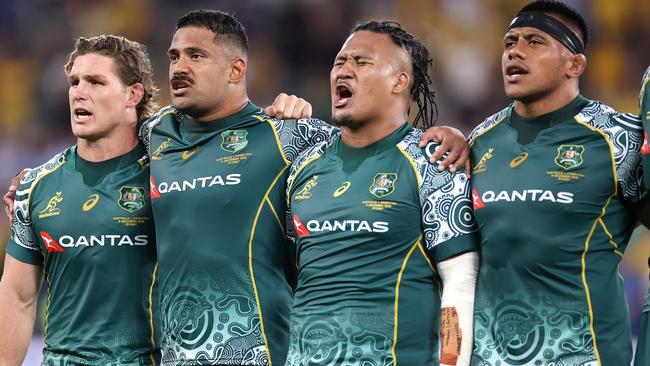
Olivia’s mother, Tanya Fox, said her daughter was spotted by someone at Rugby Australia when she performed for Randwick Colts at their club ground at Coogee and was asked to sing at the indigenous jersey launch last month. So well did she handle that assignment that she received a second invite to perform at the Tri Nations Test.
“She was just blown away and couldn’t get there quick enough,” said Tanya Fox. “We’re in a spin. It is just amazing. Olivia said that she wasn’t singing the anthem alone because she knew they were in the background singing with her. I definitely went through a box of tissues. It was very moving. She is very passionate about her culture.”
🖤💛â¤ï¸ Putting in the extras after training.#Wallabies #YourTeam #OurJourney pic.twitter.com/u7QCS52nUa
— Wallabies (@wallabies) December 6, 2020
Under coach Dave Rennie, who made one international appearance for the Cook Islands in 1990, the Wallabies too have become passionate about the various cultures that make up their group, with players learning Fijian and Tongan songs while in camp. They have also visited the National indigenous centre for excellence on a number of occasions.

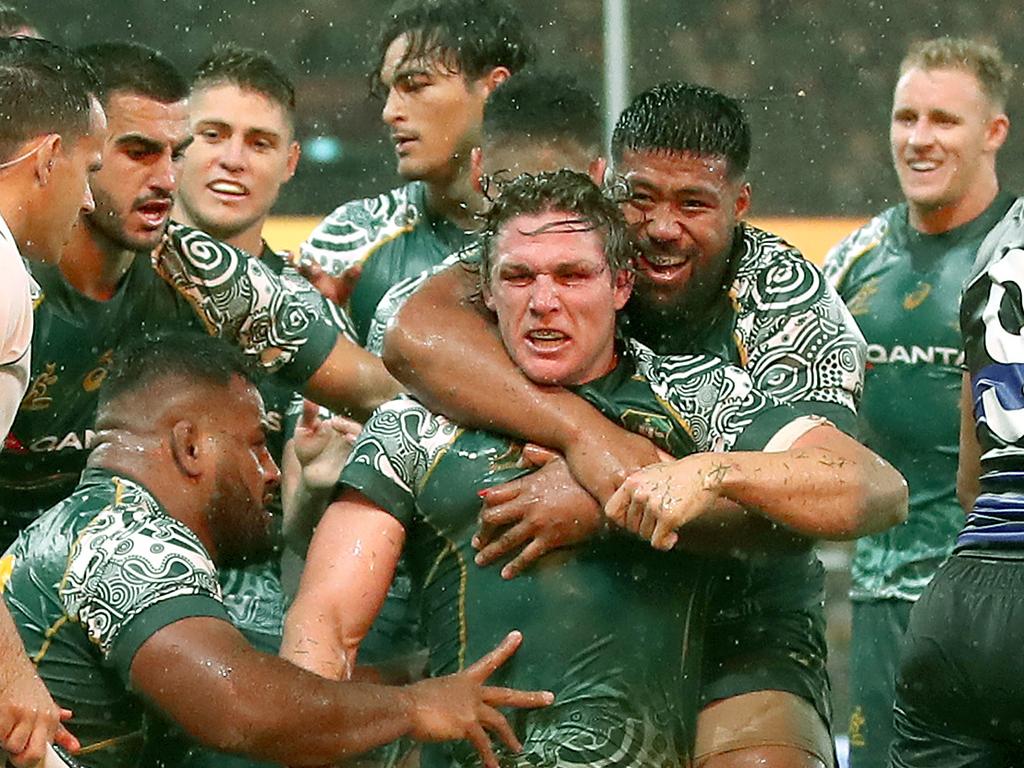
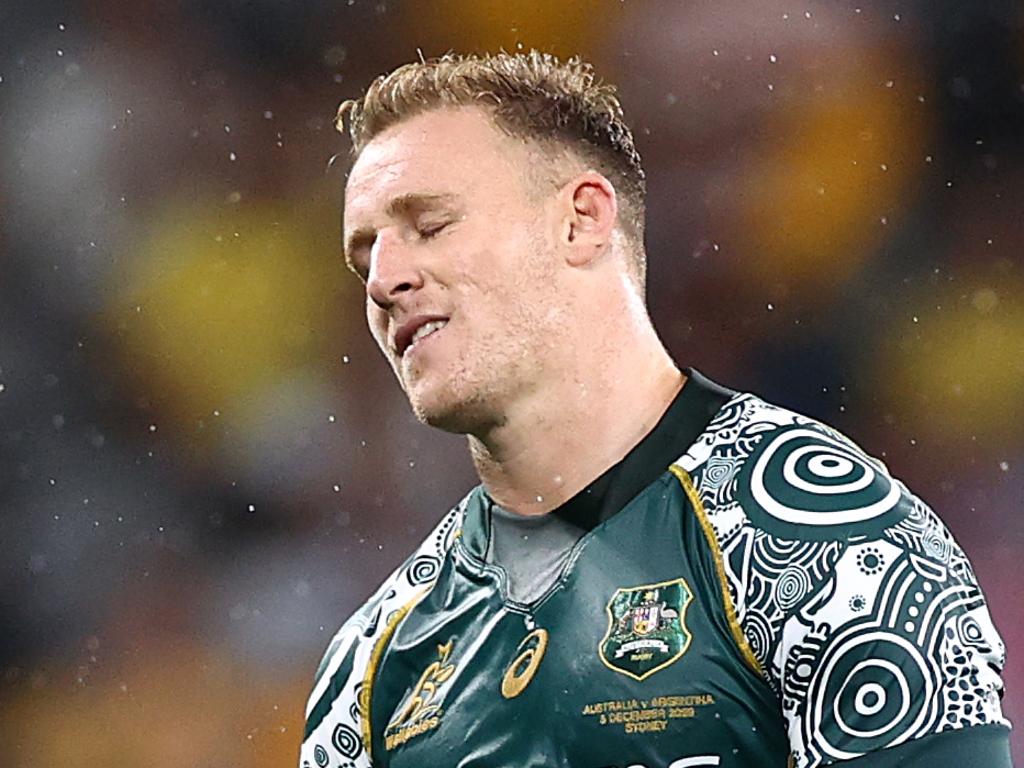

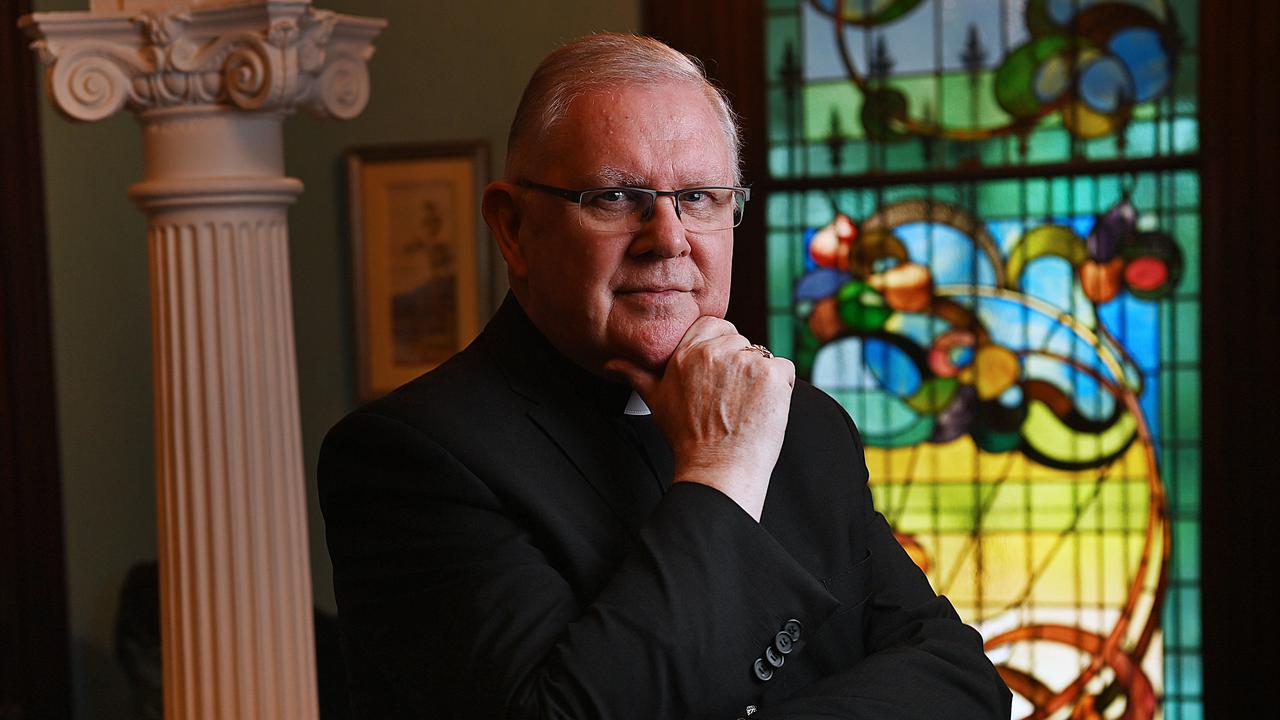
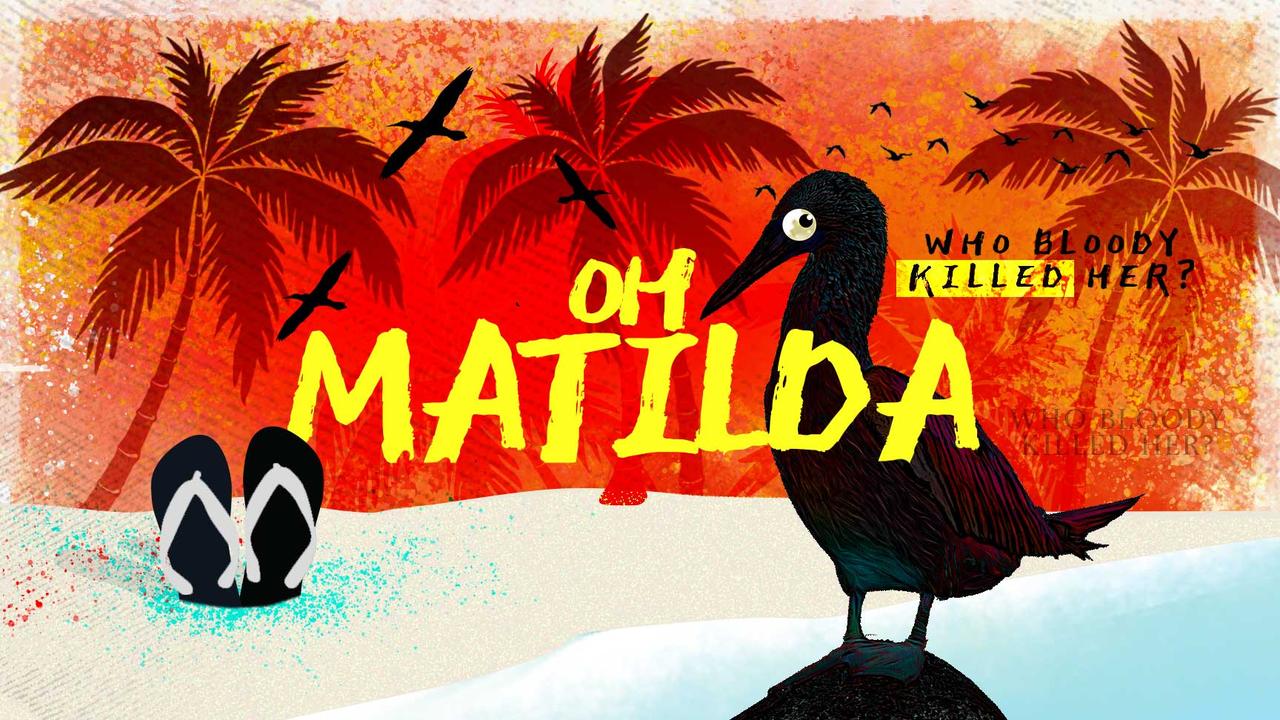
To join the conversation, please log in. Don't have an account? Register
Join the conversation, you are commenting as Logout